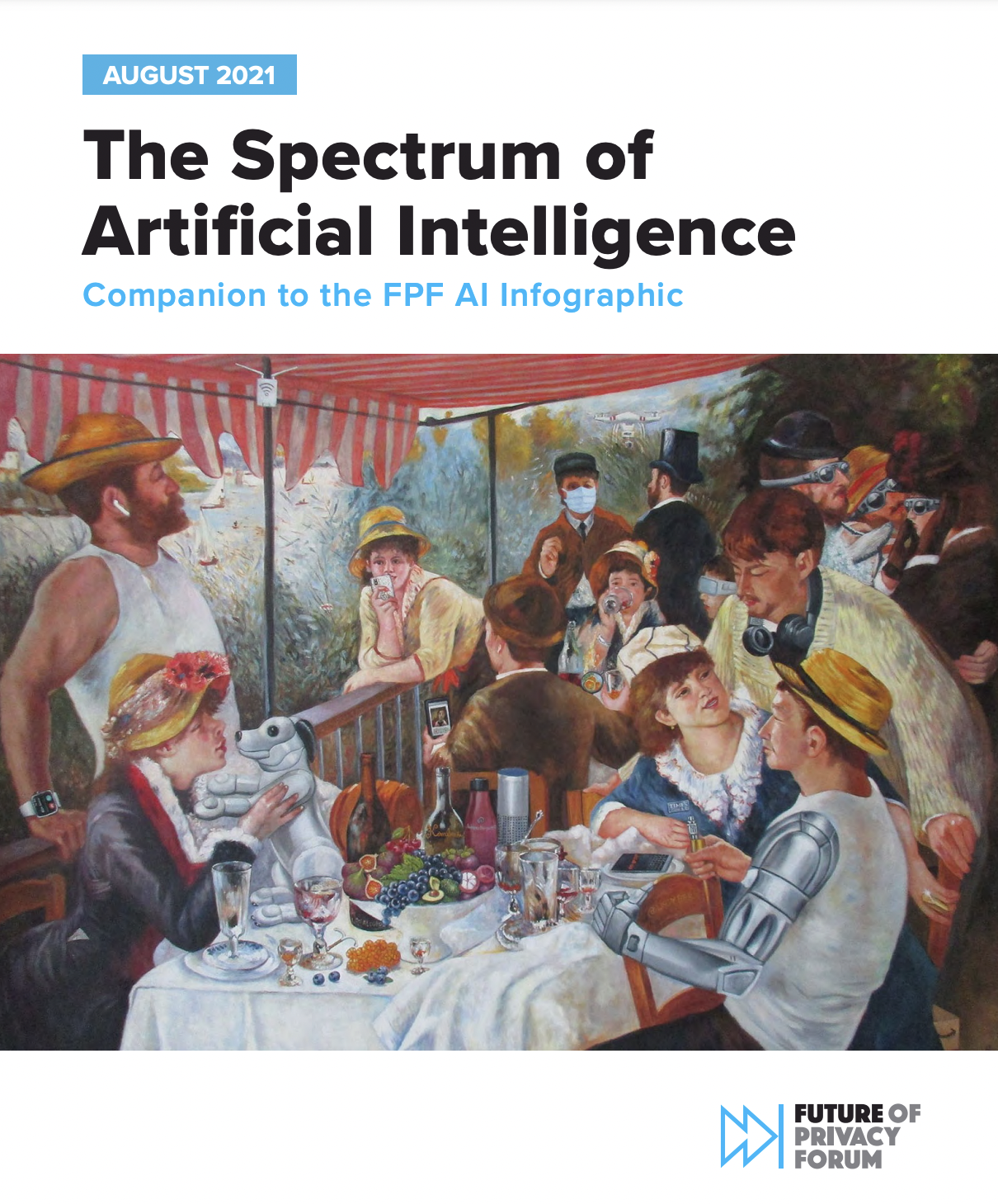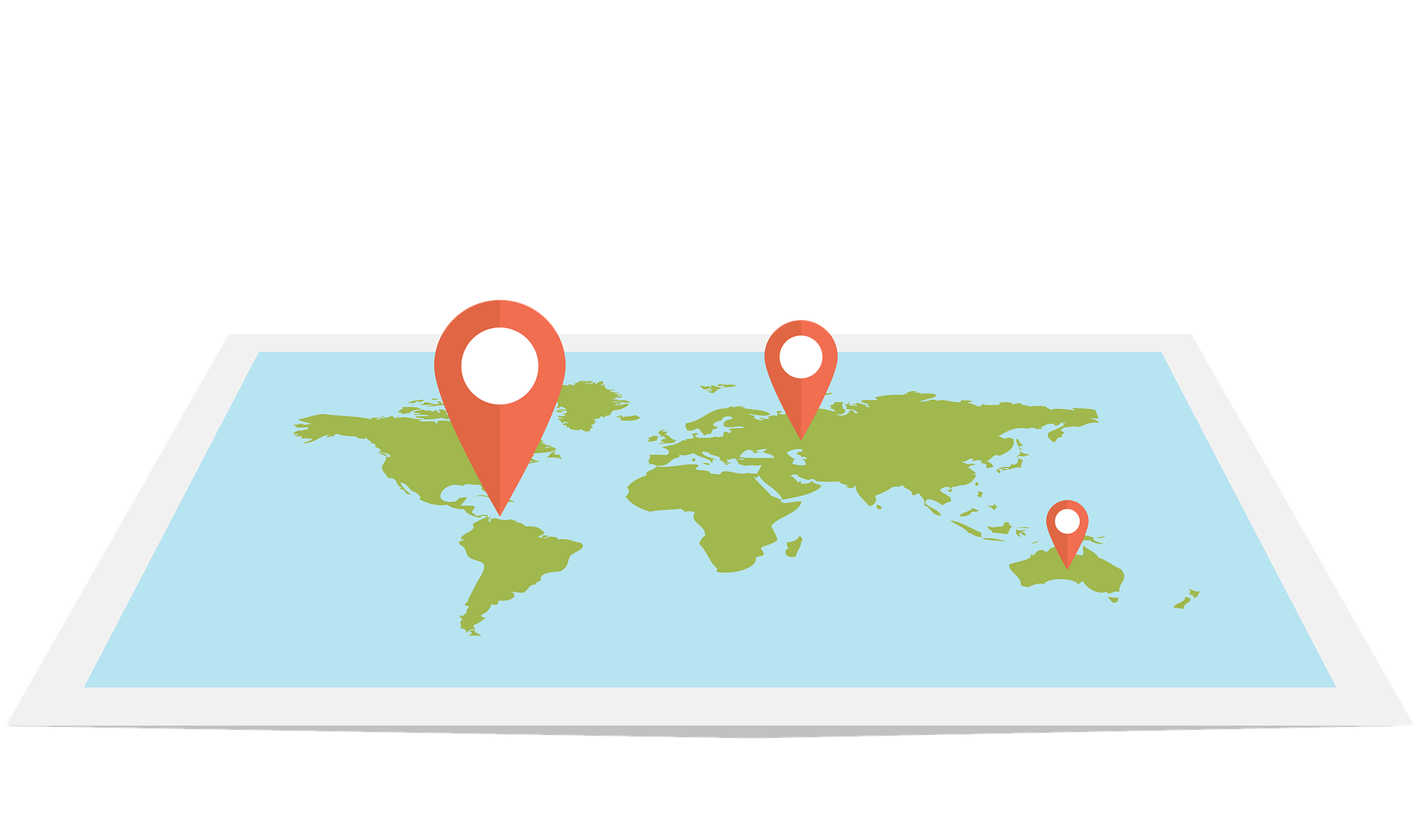
Five Things Lawyers Need to Know About AI
Lawyers are trained to respond to risks that threaten the market position or operating capital of their clients. However, when it comes to AI, it can be difficult for lawyers to provide the best guidance without some basic technical knowledge. This article shares some key insights from our shared experiences to help lawyers feel more at ease responding to AI questions when they arise.

Event Report: From “Consent-Centric” Frameworks to Responsible Data Practices and Privacy Accountability in Asia Pacific
On September 16, the Asia-Pacific office of the Future of Privacy Forum (FPF) held its first event following its launch in August 2021. This event was hosted by the Personal Data Protection Commission (PDPC) of Singapore during the very popular “Personal Data Protection week” (PDP Week 2021). The theme of the event was Exploring trends: […]

Upcoming data protection rulings in the EU: an overview of CJEU pending cases
There has been a surge in questions posed by national courts to the Court of Justice of the EU (CJEU) in the past year on how various provisions of the General Data Protection Regulation (GDPR) should be interpreted and applied in practice. They vary from understanding essential aspects of the fundamental right to the protection […]

Joint Project to Explore Limits of Consent in Asia-Pacific Data Privacy Regimes
The Future of Privacy Forum (FPF), a non-profit organization that serves as a catalyst for privacy leadership and scholarship, has partnered with the Asian Business Law Institute (ABLI), a subsidiary of the Singapore Academy of Law (SAL). With this partnership, FPF Asia Pacific and Singapore’s top legal think tank join forces to offer a unique […]

China’s New Comprehensive Data Protection Law: Context, Stated Objectives, Key Provisions
The National People’s Congress (NPC) of China adopted on August 20, 2021 the first Chinese comprehensive data protection law, the Personal Information Protection Law (PIPL), less than a year after the first draft of the law was published. The NPC thus concluded its legislative process that saw two additional markups of the law since October […]

Future of Privacy Forum Launches its Asia-Pacific Office Led by Dr. Clarisse Girot
The Future of Privacy Forum’s Asia-Pacific office launches today in Singapore under the leadership of Dr. Clarisse Girot. As Director of the FPF Asia-Pacific office, she is responsible for developing and implementing FPF’s strategy in the world’s biggest and most populated region. We have asked Dr. Girot to share her thoughts for FPF’s blog on […]

FPF Launches Asia-Pacific Region Office, Global Data Protection Expert Clarisse Girot Leads Team
The Future of Privacy Forum (FPF) has appointed Clarisse Girot, PhD, LLM, an expert on Asian and European privacy legislation, to lead its new FPF Asia-Pacific office based in Singapore as Director. This new office expands FPF’s international reach in Asia and complements FPF’s offices in the U.S., Europe, and Israel, as well as partnerships […]

The Spectrum of AI: Companion to the FPF AI Infographic
This paper outlines the spectrum of AI technology, from rules-based and symbolic AI to advanced, developing forms of neural networks, and seeks to put them in the context of other sciences and disciplines, as well as emphasize the importance of security, user interface, and other design factors.

Now, On the Internet, EVERYONE Knows You’re a Dog
Digital identity systems vary in complexity. At its most basic, a digital ID would simply recreate a physical ID in a digital format, whereasa fully integrated digital identity system would provide a platform for a complete wallet and verification process, usable both online and in the physical world.

At the intersection of AI and Data Protection law: Automated Decision-Making Rules, a Global Perspective (CPDP LatAm Panel)
On Thursday, 15th of July 2021, the Future of Privacy Forum (FPF) organised during the CPDP LatAm Conference a panel titled ‘At the Intersection of AI and Data Protection law: Automated Decision Making Rules, a Global Perspective’. The aim of the Panel was to explore how existing data protection laws around the world apply to profiling and automated decision making practices.
